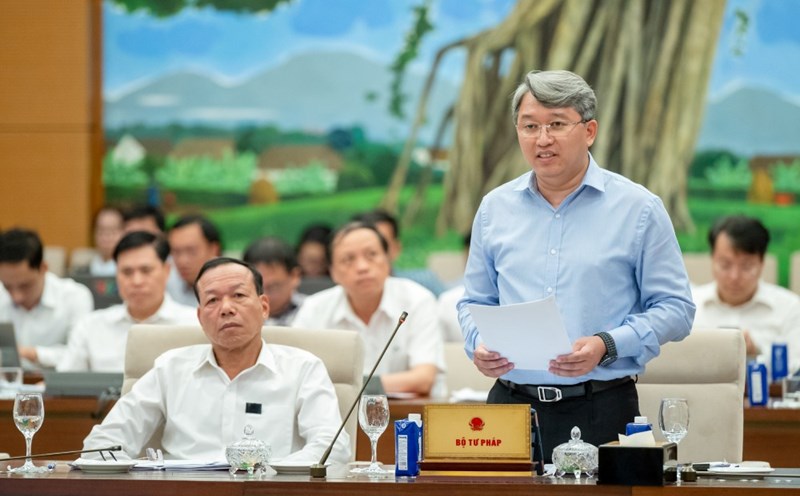In any organization, silence is often considered safe. But sometimes, that safety means risks for the collective. When a senior leadership position suddenly disappears for a long time without anyone reporting or questioning it, even when the work is operated daily, it is a sign of problem, of a loose, disciplined system, lacking attention and closeness from superiors.
So that when the incident was reported - ironically from the foreign press - it... "failed to believe"...
A good organization cannot promote its strength if the monitoring apparatus only waits until "there is something" to operate. The mindset of handling crises after incidents makes everything always passive. At that time, all the solutions were just for "attacking". What an organization or individual needs is a "room". And it is the silence that reduces confidence, increases the factor of confusion, and prolongs the possibility of getting lost.
The most worrying thing is when silence becomes normal. People choose to "stand outside" because they are afraid of collisions, choose not to report because they are afraid of responsibility, choose to ignore because they think "it is not their job" or it could be just because the unit is still "running well". But that mentality makes the human resource management system problematic. A leadership position may be lacking, but the responsibility of supervision cannot be absent.
There will be more need for internal disciplinary tightening factors, especially at the leadership level. Leadership is not only a decision-making person but also a disciplinary symbol of the organization. Every unreasonable absence, every hidden or delayed information is a warning about unprofessionalism. Supervision is not about doubt, but about protecting transparency and authenticity.
A good governance mechanism should encourage frankness. Seeing something unusual and saying, detecting loopholes and these responses need to be protected rather than considered "disturbing". Only then will the organization stand firm against fluctuations and trust will be kept.
Individuals violate, but the silence of the environment when it should have spoken out is a dangerous laxity. And its consequences, at many levels, still affect the organization.










